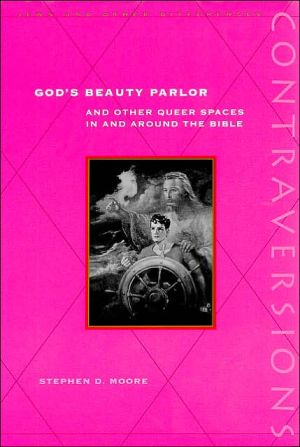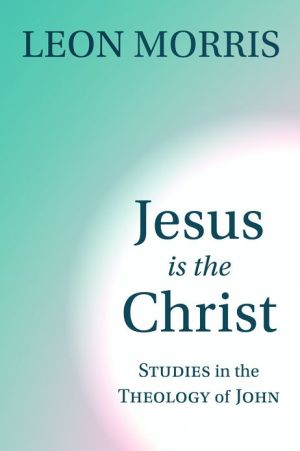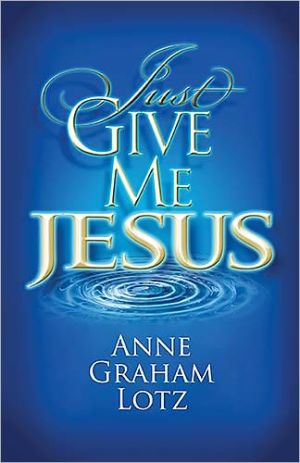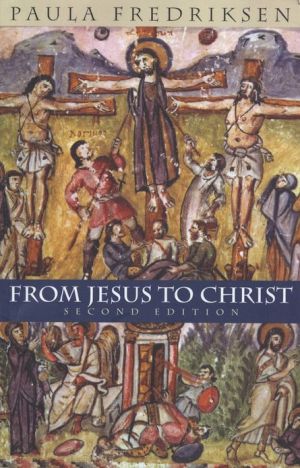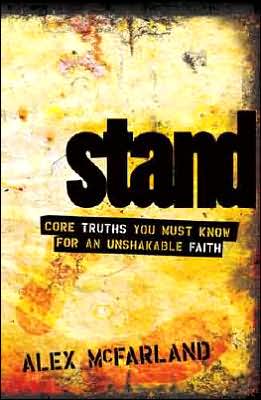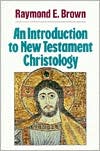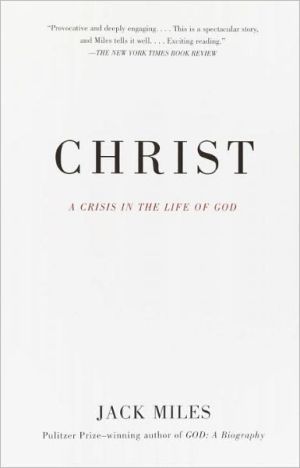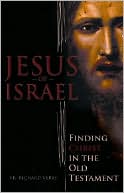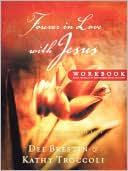God's Beauty Parlor: And Other Queer Spaces in and Around the Bible
“Too often the debate about the Bible and homosexuality is reduced to a dull episode of Crossfire. On the right, the Book of Romans condemns queers! On the left, the Book of Romans celebrates queers! In four essays Moore queers the debate for both sides, discussing the gay iconography of Jesus, the Song of Solomon, and the masculinity of the apostles as well as his own travels through the study of the good book. Deftly combining easy humor with academic theory, Moore turns up the disco music...
Search in google:
God’s Beauty Parlor opens the Bible to the contested body of critical commentary on sex and sexuality known as queer theory and to masculinity studies. The author pursues the themes of homoeroticism, masculinity, beauty, and violence through such texts as the Song of Songs, the Gospels, the Letter to the Romans, and the Book of Revelation.
List of IllustrationsAcknowledgmentsPrologue / Plot Preview1Introduction: The Year of Queer7Pt. IGod's Boudoir, God's Beauty Parlor...1The Song of Songs in the History of Sexuality212On the Face and Physique of the Historical Jesus90Pt. II...God's Locker Room, God's War Room3Sex and the Single Apostle1334Revolting Revelations173In Lieu of a Conclusion: Lines Intended for a Public Lavatory Door in San Ysidro, California201Notes207Bibliography279General Index317Index of Ancient and Medieval Sources331
\ From the Publisher"For well over a decade Stephen D. Moore has served as a powerful advocate for the intercourse between biblical interpretation and contemporary critical theories. His latest book, God's Beauty Parlor, shares many of the characteristics that Moore's readers have come to expect from his work: a solid if often irreverent grounding in biblical scholarship; a penetrating awareness of the possible implications of utilizing those methods and theories as resources for reading the Bible; and a prose style that is engaging, frequently humorous, and clear but seldom simplistic."—Ken Stone, Chicago Theological Seminary\ \ \
